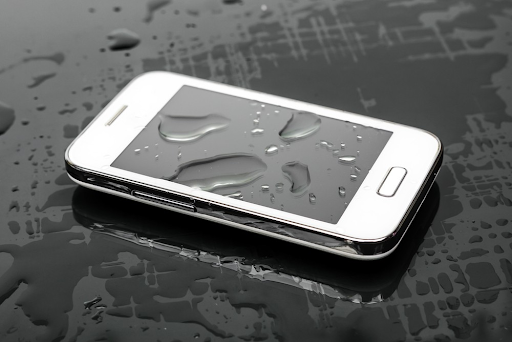If I Become a Loan Guarantor, Will My Credit Score Be Affected?
Very often, we have to help family members and friends with a loan guarantee. They might request you to be a guarantor on their loan and you agree to it thinking it’s not a big deal. This is an act of good faith; given that they, of course, repay the loan on time.
But when you think of it, when you sign a guarantee on a loan, you agree to be financially accountable for the debt if it is not paid. As a result, it will appear on your credit report alongside any other debt that you are responsible for. If the borrower defaults on the account, it will affect your credit score negatively.
When an applicant has a low credit score or any other negative parameters, his or her prospects of receiving credit are slim. But many banks and NBFCs agree to approve loans for individuals with low credit scores, provided they have a loan guarantor. The guarantor, in turn, must have a strong credit score, assuring the bank or financial institution that the loan payments would be recovered on the due date.
Now, can this have any effect on your credit score? Is your guarantor status recorded in your credit history? Will this have any effect on your credit score? Read on to know more!
What are the ramifications of being an advance underwriter?
You are a co-applicant without the benefits of a beneficiary as a guarantor. As a result, if the applicant defaults, it impacts not only his or her credit score but also yours. If the applicant is unable to repay the loan for an extended period of time, the bank or financial institution may ask you to settle the outstanding debts on his or her behalf. Not only is the primary borrower considered a debtor in this situation, but you also become a loan defaulter.
When you sign on as a loan guarantor, there will be a separate credit score report created in your name, which will include information about the applicant’s debt repayments. This information will be available to the guarantor’s future prospective lenders, thus jeopardizing your ability to obtain a loan or credit card.
Furthermore, if the borrower dies, you will be responsible for repaying the loan’s remaining obligation. After being labelled a defaulter, you’ll need to devote a significant amount of effort to improve your credit score as the primary borrower.
Who can become a guarantor?
Anyone can become a guarantor on a loan. However, it is generally your close family of friends, who will be willing to do it. Lenders typically need borrowers to bring in a guarantor when the loan amount is large or the bank is concerned about the primary borrower’s ability to repay the loan.
The bank will also review and request all paperwork showing the guarantor’s ability to repay the loan. So, if you’re going to be a guarantor, you’ll need to provide all of your KYC and income documents so that your eligibility as a guarantor may be verified.
What is the liability of the guarantor in the debt?
When you sign a guarantee, you agree to be personally liable for the debt in the event of a default. As a result, it will appear on your credit report alongside any other account for which you are liable. If the borrower fails to make payments on the account, it will have a negative impact on your credit score.
Impact on your credit score if you become a Guarantor
There are other downsides to becoming a loan guarantor. For one, it will reduce your own loan eligibility. When you apply for a loan, for yourself, the existing loan is considered under your liabilities, which can affect your loan eligibility.
This could also figure under your overall credit and the factor affects your credit score.
What can you do to prevent this from affecting your credit score?
Accepting or refusing to be a guarantor is a sensitive issue. Because most of the time it is either family or friends that ask you to be a guarantor on a loan. It might be okay if the loan amount is low or is a short term loan but needs some thinking for a huge loan over a long repayment period. You could think of these options to ease the burden;
- Assess the repayment capacity of the applicant before you sign up
- Opt for a second guarantor to share the burden in case of any defaults by the applicant
- You could check loan insurances that could lend a helping hand in case of any unforeseen situations
- Check your credit score periodically to ensure that there are no negative remarks
- If you see that the borrower has a poor credit history, be blunt and refuse to become the guarantor
Conclusion
Any defaults on EMI payments made by the primary borrower is going to reflect on your credit report too. It also has an impact on your debt-to-income ratio, reducing your loan eligibility and overall creditworthiness. As an individual, you have every right to investigate the applicant’s financial situation before agreeing to act as a guarantor. Since this step is going to have an effect on your credit score too, be prudent and do your own research on the creditworthiness of the applicant.
Meta Description:
Does my credit score get affected if I become a loan guarantor? What kind of effect does it have on my credit score? Find out how being a guarantor could impact your credit score and future loan approvals







